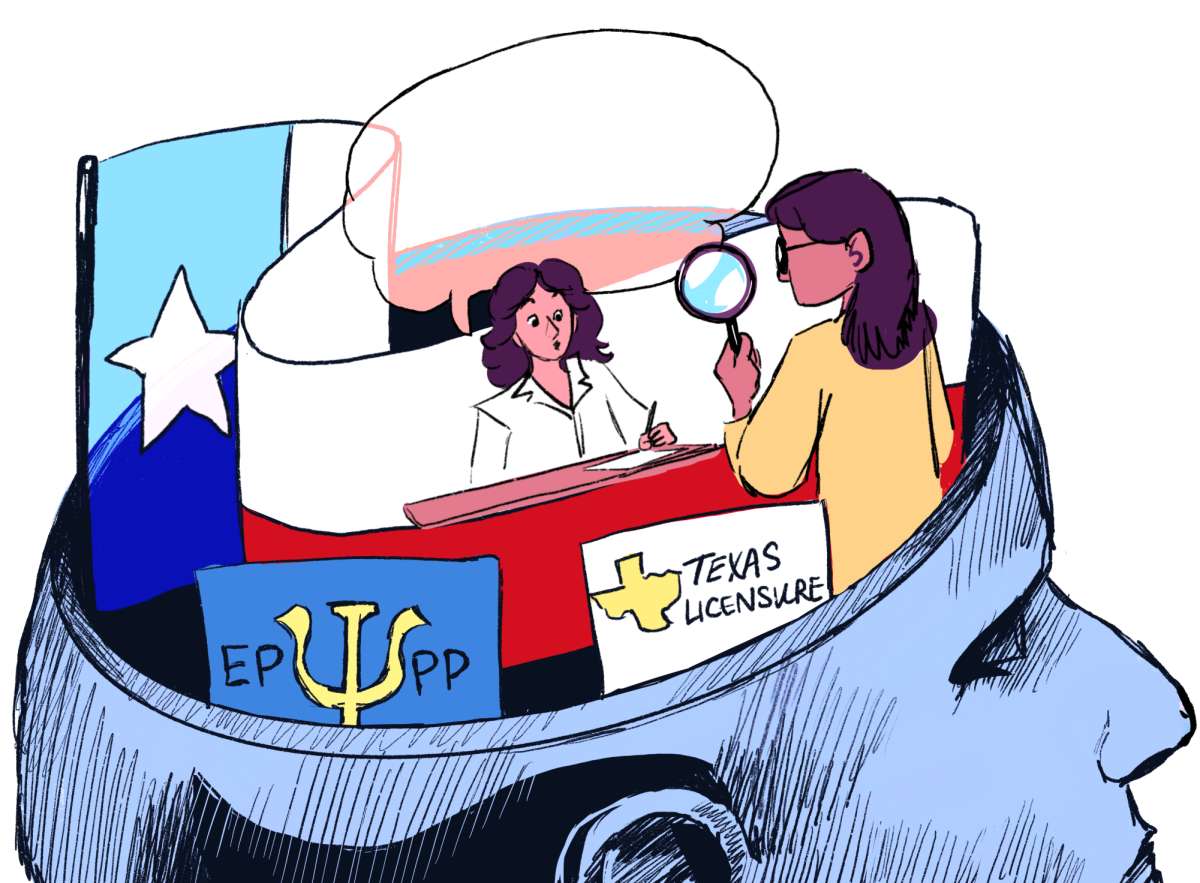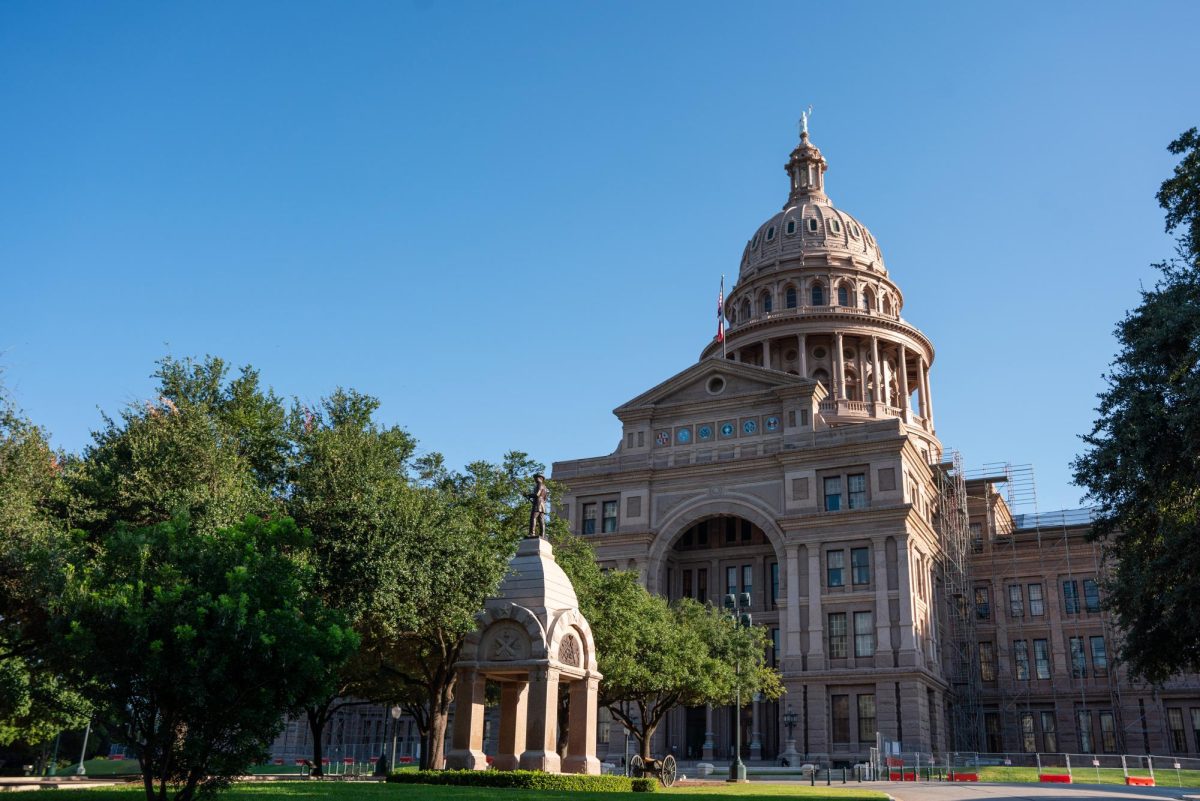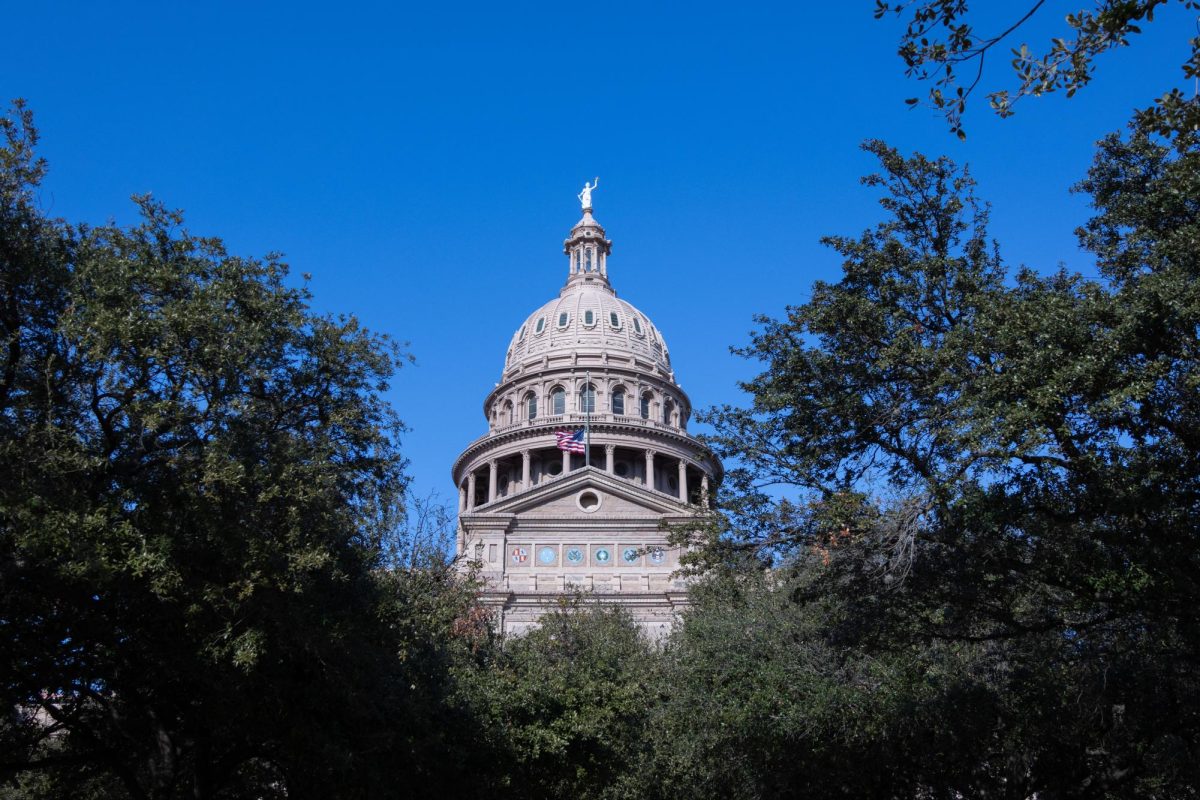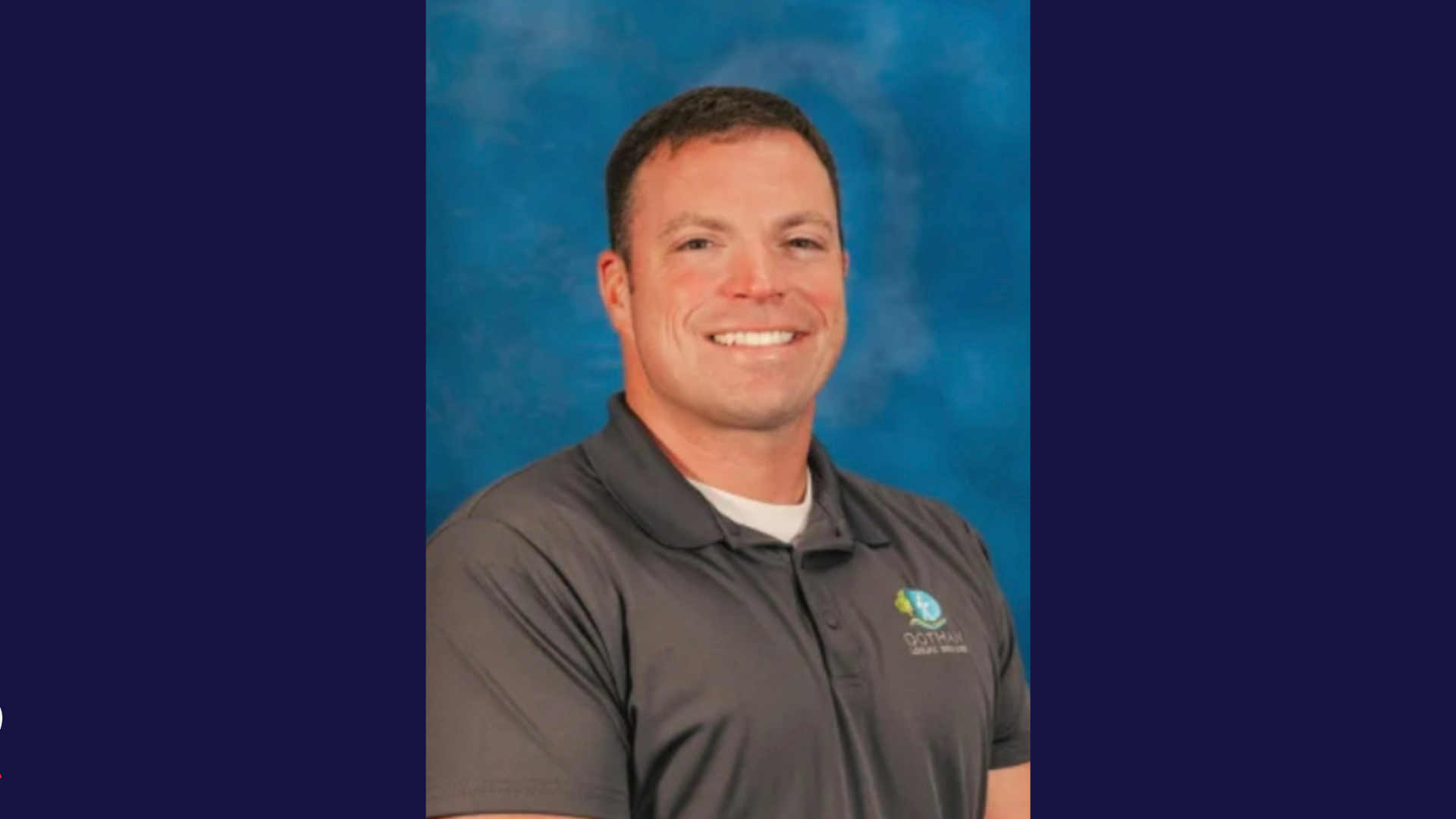The Texas State Board of Examiners of Psychologists announced on June 24 that it will launch its own licensing exam for incoming psychologists amid rising concerns about cost, accessibility and the urgent need for more mental health professionals.
The Association of State and Provincial Psychology Boards created the national exam, known as the Examination for Professional Practice in Psychology, in 1965 and has required it in most states, including Texas, since the 1980s,
according to the association’s website
. John Bielamowicz, chair of Texas Behavioral Health Executive Council, said it is overly regulated and imposes a financial burden, which prompted Texas to announce plans for its own cheaper exam.
“Moving away from the exam is not the goal,” Bielamowicz said. “The goal is to provide an alternative.”
The cost of the EPPP includes $600 for Part 1, $450 for Part 2 and additional fees for test centers. Retaking any section adds to the total, something many students are unprepared for after graduation. Due to these costs, psychology junior Carlasha Roundtree said she supports the idea of a separate exam.
“I haven’t had to spend that much money in so long,” Roundtree said. “Having to take the licensing (exam) and having to have it come out of pocket being freshly out of college is definitely a concern.”
“My question is, as somebody who is writing the rules, what are we getting? What is the public getting from that? What kind of public protection does that get us?” Bielamowicz said. “Why are we perpetuating the business model of a test owner to generate that kind of revenue on the backs of new applicants to the profession?”
Bielamowicz also criticized the second part of the EPPP, a skills-based section introduced in 2020, as repetitive of other sections of the exam, creating an unnecessary financial hurdle that shaped the state’s decision to explore an alternative.
“It’s bad,” Bielamowicz said. “This is not helpful when we are trying to solve a workforce shortage — when we are trying to get more mental health practitioners out there.”
While Texas aims to improve accessibility and reduce barriers with its own licensing exam, portability remains a concern, Bielamowicz said. If the license from the Texas alternative is not nationally accepted, it might create additional barriers for psychologists who leave the state. However, others view the Texas alternative as an opportunity.
“If I did end up wanting to work in another state, I’ll probably just take their exam,” Roundtree said. “It wouldn’t discourage me. Honestly, I’d feel proud of myself for having two licenses.”
Bielamowicz said the TBHEC will work with states during development to limit unnecessary barriers to the field of psychology.
“There obviously has to be a cost,” Bielamowiez said. “But we intend to keep it accessible.”












